In the ancient and sleepy town of Izombe lived a man named Echidime. Then in his late 70s, Echidime’s compound, dotted by three mud houses arranged in a circular pattern and an obi in the center, had become a pilgrimage ground of sort. On daily basis, pilgrims from within and outside the community trooped to his compound for one form of advice or the other. His wisdom and witty anecdotes were legendary such that Echidime could be likened to a modern day Solomon in the Bible.
On a particular chilly harmattan morning, a middle-aged woman was in Echidime’s obi pouring out her sorrows. Erimma, her 28-years old daughter, had abandoned her matrimonial home and moved into another man’s house. Beautiful, tall and elegant, Erimma had been talked out of her matrimonial home by a man who had promised to turn around her life and take her to the moon. In her husband’s house, she could not boast of riches; she couldn’t do her hair regularly, couldn’t change her wardrobe and do things which her peers married to more affluent men would normally do. But despite these challenges Erimma and her husband got by in the hope that one day things will change for the better.
And now somebody was promising to do all these and more for her. She was not going to let this opportunity pass her by. Her mother’s opinion to the contrary would not stop her. Convinced of the several promises made to her, Erimma abandoned her husband and moved in with this strange man. Six months into this relationship, it dawned on Erimma that she had been fooled; that the bitter kola is not as sweet as its crackling sound in the mouth. She was stock. Erimma’s mother was in Echidime’s house to seek for counsel.
Clearing his throat after the woman’s monologue and lamentations, Echidime looked the grieving woman in the face and simply urged her to go home. “When a woman marries two husbands”, said Echidime, “she will be in a position to know which of the two husbands is better”. Unless a person carries a jar of palm wine, that person may never know the difference in weight with a jar of water.
Advertisement
In Nigeria today, Echidime’s wise counsel is as instructive as it is indicative. Like Erimma, we have been seduced by honey-like promises of the APC; we have abandoned our first love only to realize that we have been duped. Painfully, we are gradually realizing the difference in weight between a gallon of palm wine and a gallon of water.
Precisely, twelve months ago, the APC came to power amid pomp, pageantry and great expectations. Nigerians believed that at last, we have gotten a crop of leaders that would take us to the next level. Nigerians were convinced that a man with the Midas has come to town and that their problems would soon be behind them. Nigerians had every cause to dare hope that their teething challenges would be contained with dispatch- after all had not the APC promised a new dawn. Most Nigerians were happy in the belief that the “messiah” who will take them from the woods to the “promised land” had come. Many also jubilated with the firm belief that the “change” which Buhari and his Party, the APC, promised Nigerians was certainly going to transform the Country.
As a matter of fact, Muhammadu Buhari and APC had made, by the last count, a total of 81 electoral promises in the run in to his presidency. These promises include the public declaration of assets and liabilities by Buhari and his team, introduction of state and community policing, ban on all government officials from seeking medical care abroad, implementation of the National Gender Policy, including 35% of appointive positions for women, revival of Ajaokuta steel company, generation, transmission and distribution of at least 20,000 MW of electricity within four years and increasing to 50,000 MW with a view to achieving 24/7 uninterrupted power supply within 10 years, empowerment scheme to employ 740,000 graduates across the 36 states and the Federal Capital Territory, establishment of a free-tuition and scholarship scheme for pupils who have shown exceptional aptitude in science subjects at O/Levels to study ICT-related courses, creation of 720,000 jobs by the 36 states in the federation yearly (20,000 per state) and additional three million jobs per year, embarking on vocational training, entrepreneurial and skills acquisition schemes for graduates along with the creation of a Small Business Loan Guarantee Scheme to create at least 5 million new jobs by 2019 and that Churches and Mosques would not pay taxes under national laws, but if they engage in businesses, the businesses would pay tax.
Advertisement
Other promises by the APC include the provision of allowances to the discharged but unemployed Youth Corps members for twelve (12) months while in the skills and entrepreneurial development programme; making the economy one of the fastest-growing emerging economies in the world with a real GDP growth averaging 10% annually, creation of a Social Welfare Programme of at least five thousand naira (N5000) that will cater for the 25 million poorest and most vulnerable citizens upon the demonstration of children’s enrollment in school and evidence of immunization to help promote family stability, recruitment and training of at least 100,000 officers into the Nigerian police force and establishing a Federal Anti-terrorism Agency, provision of one free meal (to include fruits) daily, for public primary school pupils, building an airport in Ekiti State, eradication of “state of origin” in public documents such as application forms and replacing that with “state of residence” to ensure Nigerians are Nigerians first before anything else, establishment of crime squad to combat terrorism, kidnapping, armed robbery, militants, ethno-religious and communal clashes nationwide, working with the National Assembly towards the immediate enactment of a Whistle Blower Act, economic stability for the ECOWAS nations and maintaining a strong, close and frank relationship with West Africa, South Africa, UK, USA, Canada, and other African countries and establishing a conflict resolution commission to help prevent, mitigate and resolve civil conflicts within the polity.
Beyond this deluge of promises, Muhammadu Buhari and the APC had assured Nigerians that in under one year in office, his government would stabilize oil prices at $100 per barrel, reduce pump price of fuel from N87 to N45 per litre; terminate Boko Haram insurgency in three months, provide free education to all Nigerian children, pay the poorest 25 million people N5000 every month, generate 40,000 megawatts of electricity in 4 years i.e. 10,000 megawatts annually, pay youth corps members for one more year after service, provide one meal per day for all Nigerian pupils in primary schools and students in unity schools, provide 3 million jobs in his first year, make N1 to be equal to $1 and build four refineries in 4 years i.e. one refinery every year.
It is indeed shameful that just few days to his one year in office, not one of these promises has been fulfilled. Expectedly, Nigerians are cursing their chi and wondering why they did not look before they leaped. But this is the fate of Erimma. Nigerians are famous for their tendency to amnesia. We forget so easily. Like Erimma, we are easily carried away by promises; and like her we are doomed to learn the hard way. We seem to have forgotten so quickly that this same Buhari was Nigeria’s maximum ruler from December 31, 1983 to August 27, 1985 and that in the 20 months he was in office as military dictator he had nothing to show for it except the brazen rape of our sensibilities and state sponsored terrorism against the people. Nigerians have failed to understand that the logic of oppression is best understood in the context of its realities on the people at the receiving end; that the historically specific posture of political promises by would-be leaders merely serve to grease their ego; that the difference between campaign promises and its non-fulfillment is the difference between six and half a dozen and that the capacity to become a truly Nigerian politician is the ability to tell the people that you will build a bridge across the Sahara Desert and be able afterwards to tell them why you were not able to do that.
That Buhari has failed in his first one year is not surprising to me. That with less than ten days to the end of his first year in office, he is still blaming the PDP for his lethargy and incapacity to proffer solutions to the country’s many problems is indicative of a blind man leading a blind man; that after taking Nigeria for a long ride in the appointment of ministers, he still ended up appointing the same treasury looters, branding them saints shows a president with supine and crass ability to sift the chaff from the wheat.
Advertisement
Is it not worrisome that in 12 months General Muhammadu Buhari has spent less than two months at a stretch in Nigeria to attend to urgent national issues but has been busy globetrotting; spending the little resources that Nigeria is left with abroad and returning back home with little or no results from his missions abroad? Is not curious that in twelve months, Muhammadu Buhari has visited 27 countries within and outside Africa- an average of 2.25 foreign trips per month? Is it not ridiculous that in 12 months contradictory social forces in Nigeria have become irredeemably sharpened more than ever before? That Nigeria presently is tottering at the edge of the precipice; that the events of the past twelve months are threatening to suffocate the country with a sharp rise in ethnic separatism, incandescent ethnic nationalism and collapsed economy?
For the avoidance of doubt, Buhari inherited the naira at a black market rate of N195.00 but in 12 months; the naira has depreciated to an all time low of N385.00 to one US Dollar. Today, the cost of almost every commodity in the market has skyrocketed. Few months ago, his government announced that 500,000 unemployed graduates were to be employed as teachers but typical of the deceit of this administration, the government made a volte face to say that these teachers would be trained under its social welfare scheme to serve as voluntary teachers. This is the full definition of deceit. It took Muhammadu Buhari seven months to appoint his ministers- ministers he described as saints and without any allegation of fraud. It took him nine months to discover that the heads of 26 government agencies, that he relieved of their positions recently were, in the words of Chief John Odijie-Oyegun “working for the PDP”. Instead of reducing the pump price of fuel, in one year, Buhari has peg the official pump price at N145. How do you define a promise breaker?
It took the President almost one year to present his “zero-based” budget of N6trillion to the National Assembly. This budget, presented with aplomb and great media hype was dubbed a “budget of change” but was rejected by the National Assembly due to enormous padding and massive blunders discovered in the document. Twelve months on in the life of this administration, Boko Haram insurgency has assumed a larger than life posture. The government has lied on this particular issue frequently. Recently, the Buhari administration told Nigerians that Boko Haram has been degraded but it took the honest assessment of French President, Francois Hollande to tell Nigerians that Boko Haram is still very much alive, virulent and spreading like cancer. Buhari’s fight against corruption has been haphazard, selective and vague. Under him, corruption has become more hydra-headed, more intense and more worrisome. Under him Nigeria has graduated from being corrupt to being “fantastically” corrupt.
Nigeria has been indeed caught in the miry clay of leadership ineptitude. It has never been this bad. Twelve months on in the life of this government, we are yet to make a scratch in addressing insecurity challenges in Nigeria; we are yet to make a go at resolving the country’s epileptic power supply, dealing with acute fuel shortage, unemployment, poverty etc. APC’s penchant for blaming the Jonathan administration for every of its failing is the best indicator of a government long on ideas but short on implementation; full of sound but lacking in rhythm; and full of motion yet lacks movement.
Advertisement
I am sick and tired of the apologists of the Buhari presidency that keep on asking Nigerians for more time to address the mess which they accuse the PDP of creating. I think, honestly, that this is a lazy man’s excuse. Nigeria’s backlog of problems did not start with the PDP. We must locate the putrid nature of the Nigerian state within its proper context. But even at that, history is generous with the fact that bemoaning the past does not solve the present. I sincerely believe that 12 months are enough for any visionary government to change the direction of Nigeria.
Incidentally and regretfully, the Buhari administration in the last 12 months has not only lacked vision but has demonstrated rabid cluelessness. Twelve months of waste is a tragedy we can ill-afford and time is of essence in resolving Nigeria’s many contradictions. Time is the currency of the earth; given by God in the resolution of issues. Time should not be wasted. It should be invested. Curiously, we have wasted 12 precious months in the pursuit of trivia instead of substance. This is a very sad commentary for a government that promised so much and has delivered so little; a government that has succeeded in 12 months to reverse every gain we have made in the past 16 years; a government that has in the past 12 months brought misery, anger and frustration upon millions of Nigerians. The locusts are coming. Our crops are endangered. The people are disillusioned. The sky is dark; the thunder claps are foreboding and the clouds of judgment are gathering over this country. The events of the past 12 months cannot be relied upon to steer this country to safe shores. Time for action is now.
Advertisement
Views expressed by contributors are strictly personal and not of TheCable.
1 comments
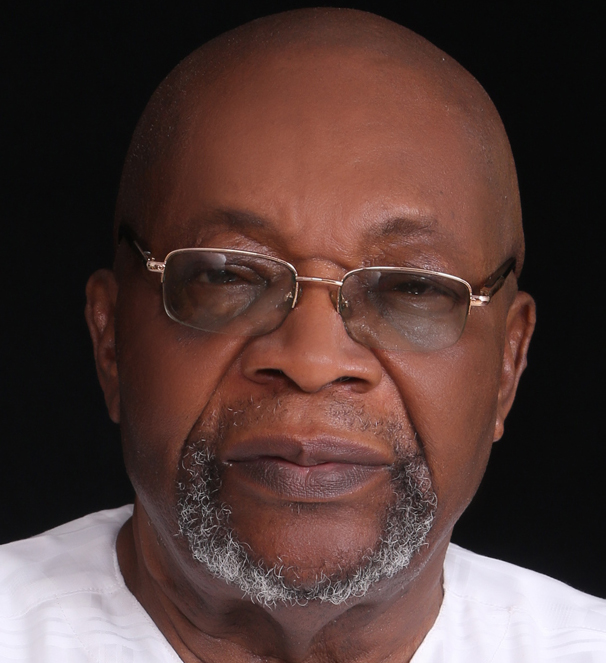
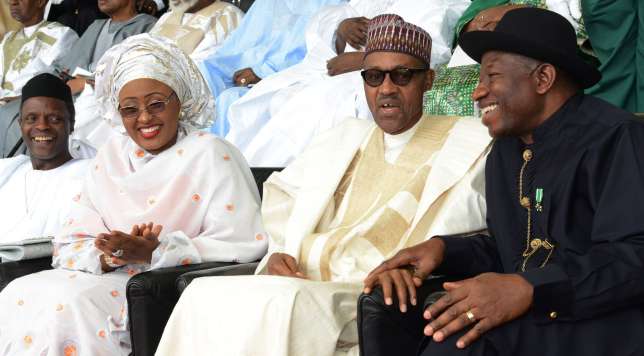
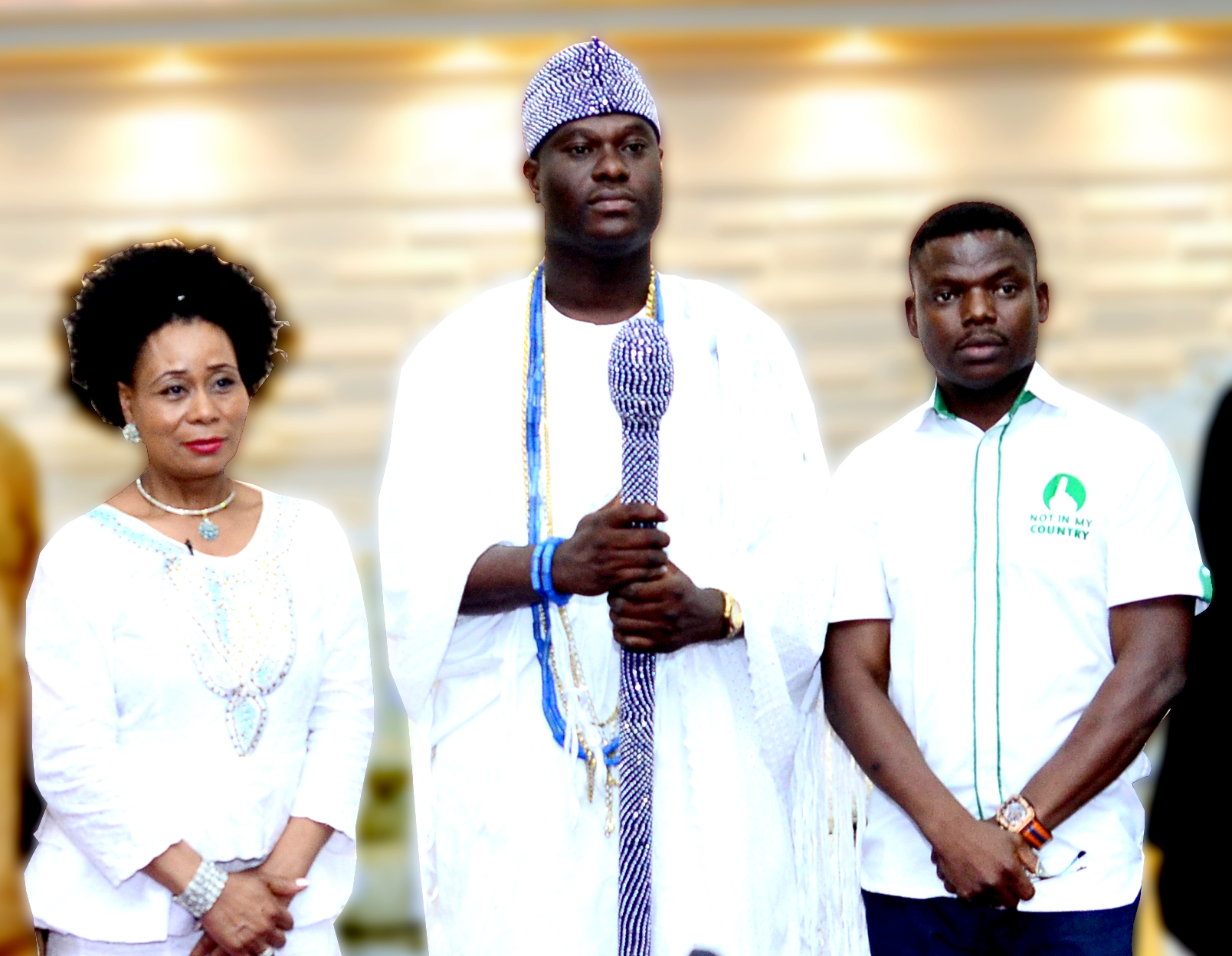

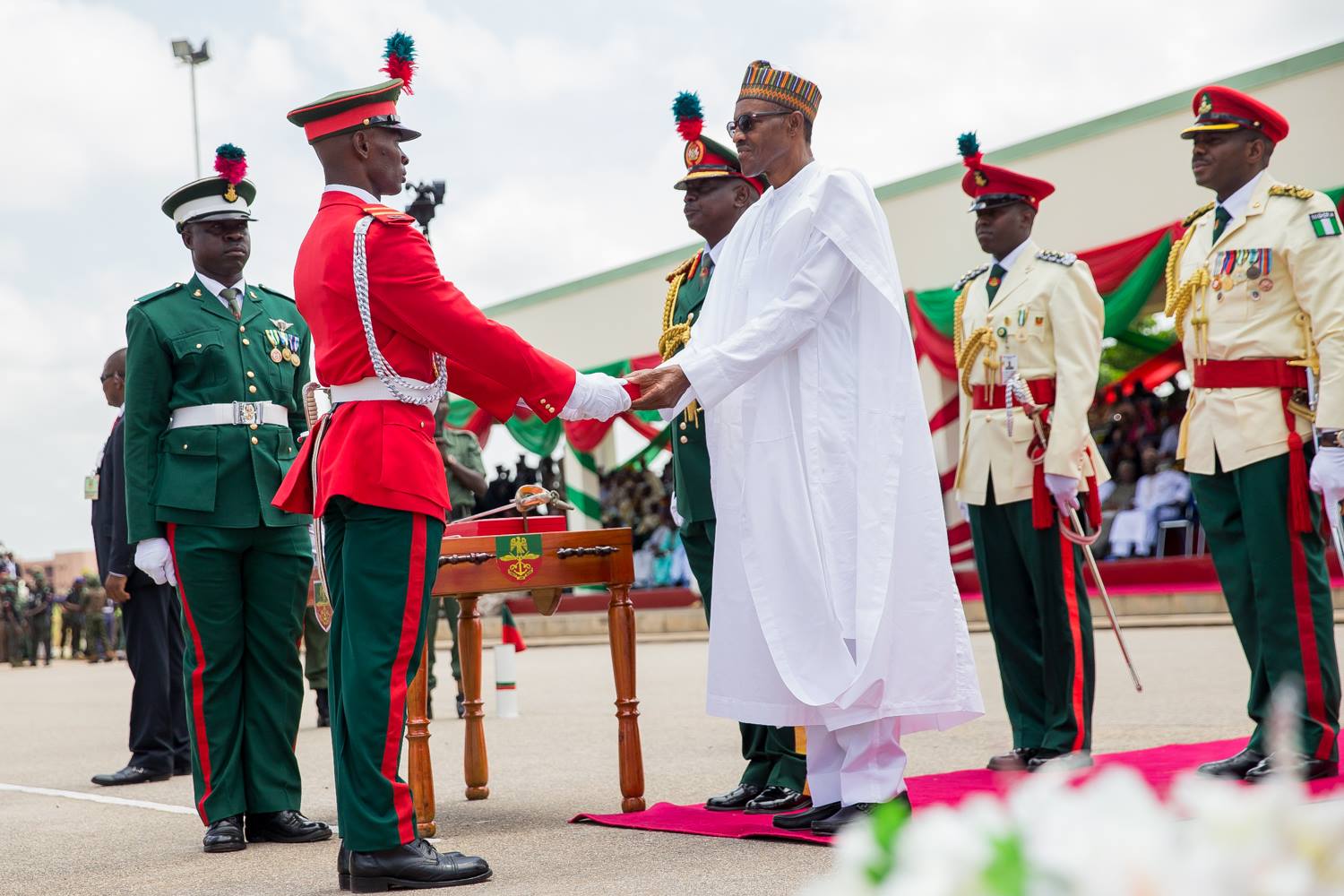
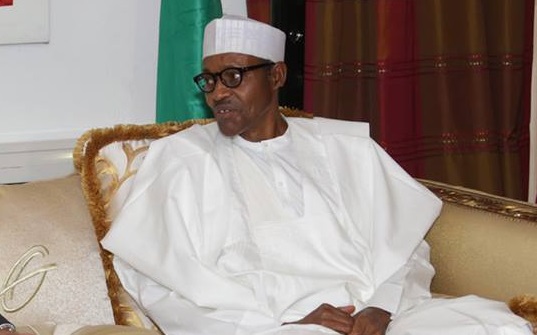

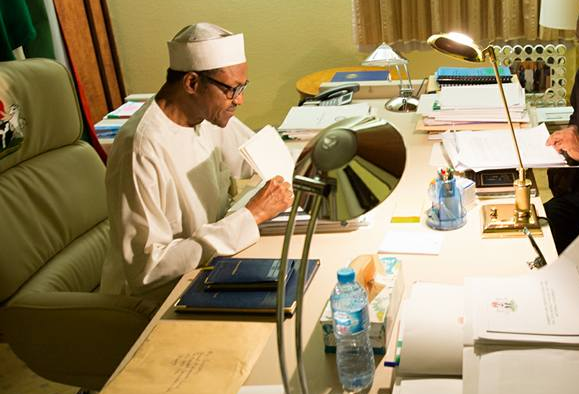
Your article isnt insightful.